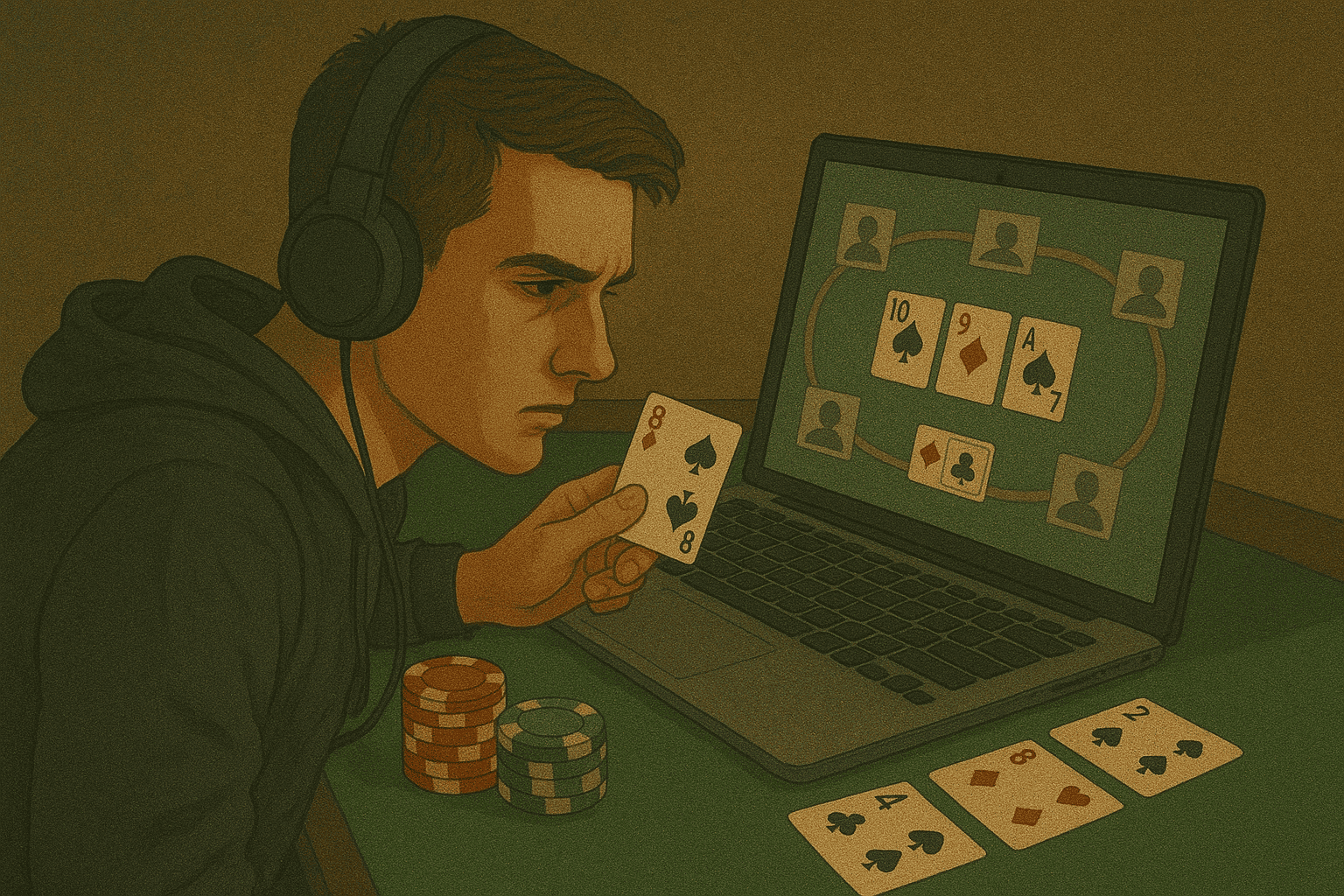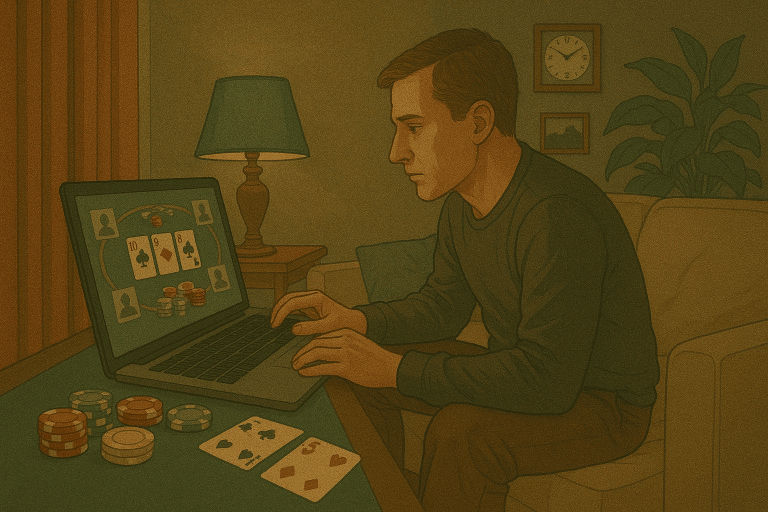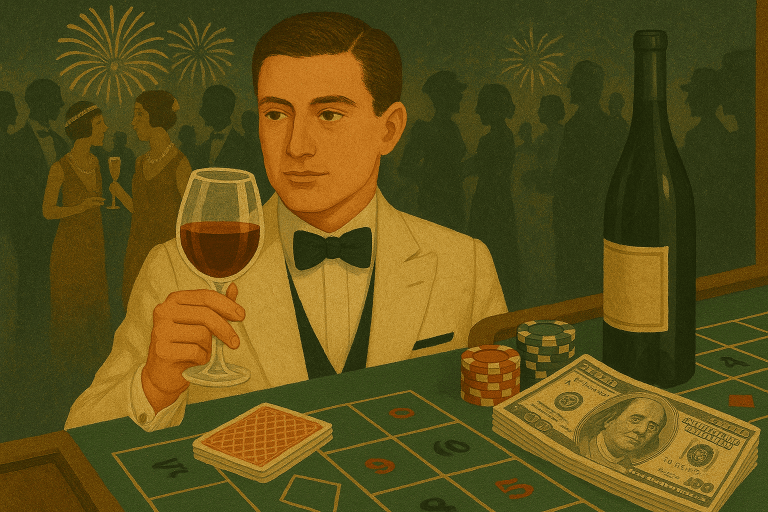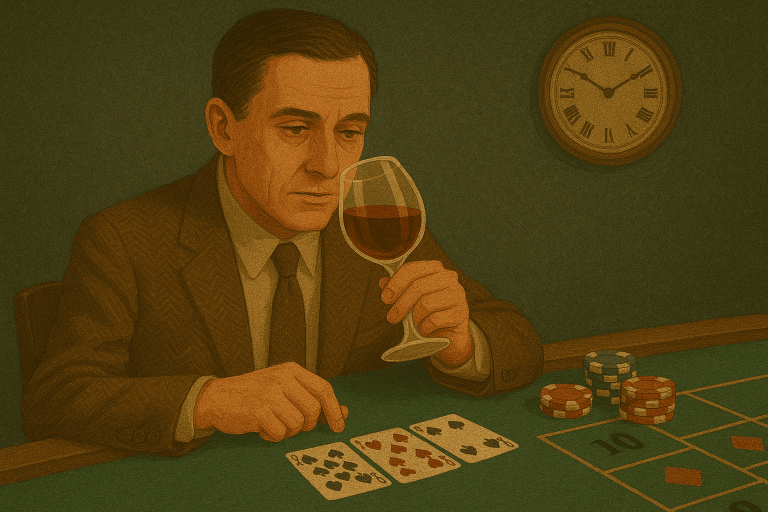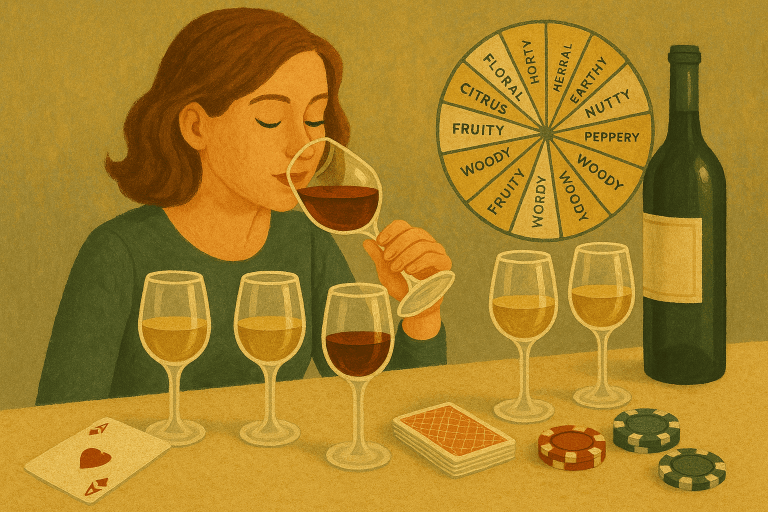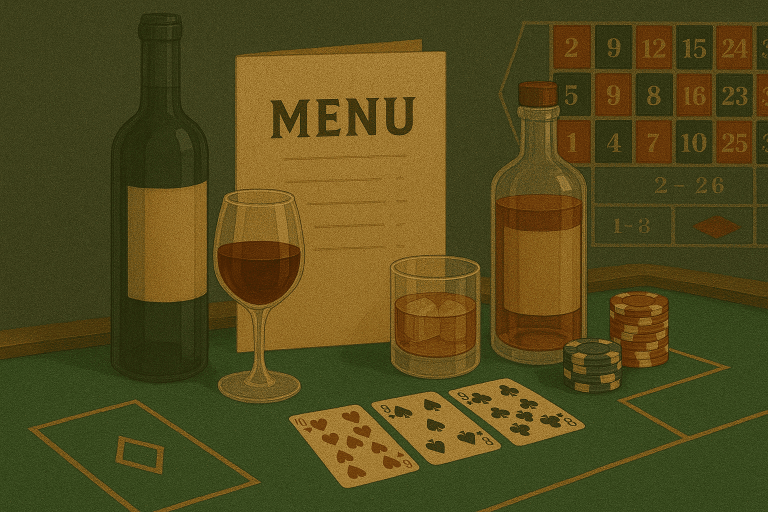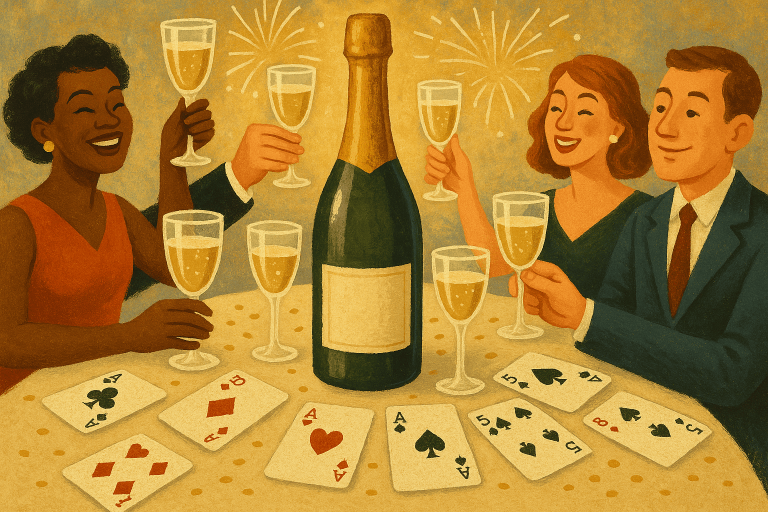Silence, Focus, Adrenaline: The Hidden Rituals of Online Players
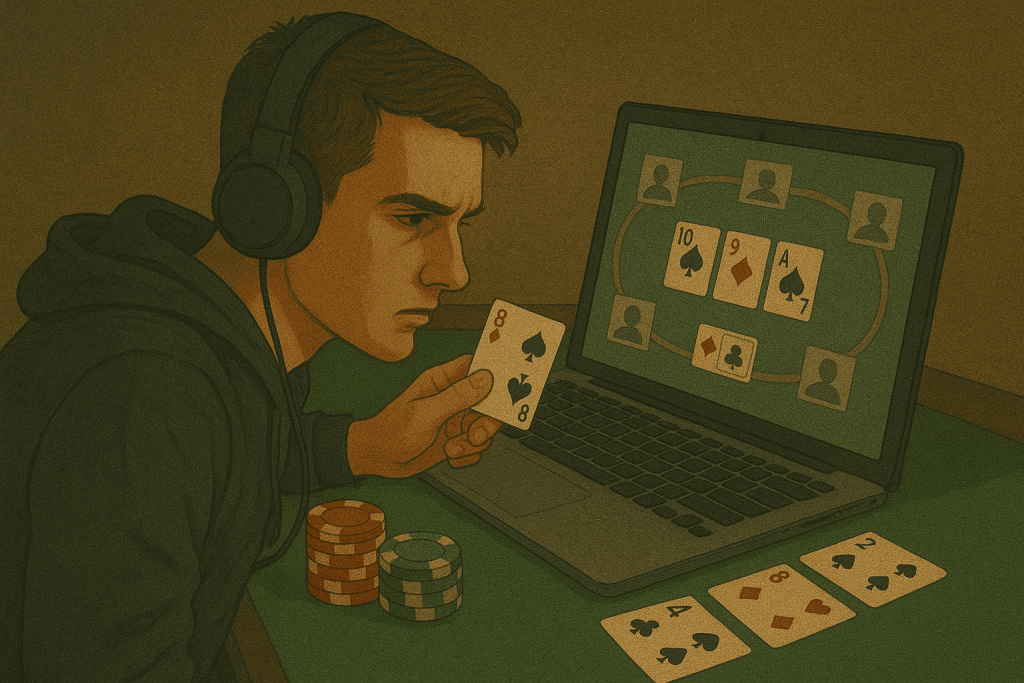
The myth of chaos
When most people picture gambling, they imagine noise — slot machines ringing, chips clacking, cheers and curses. But in the world of online casinos, the silence is deafening.
No smoky lounges. No waitresses. Just a glowing screen, a ticking timer, and a pulse that rises with every bet.
And in this silence, a new kind of ritual is born — one made not of tuxedos and cigars, but of headphones, light settings, breathing patterns, and personal codes.
Welcome to the era of private performance
Online gambling doesn’t remove the drama — it internalizes it. Without the theatricality of a live casino, players build their own stage:
- A dimmed room
- Noise-cancelling headphones
- One lucky coffee mug
- A Spotify playlist labeled “Final Table Energy”
- A candle that only gets lit when playing big
🎧 “The sound of silence is louder than a jackpot. It’s the sound of your next decision.” — @PlayerZero, anonymous poker streamer
These may look like quirks — but in reality, they’re systems. And systems mean stability. In gambling, that’s everything.
Rituals of control in an unpredictable game
Let’s be clear: gambling is designed to be unpredictable. That’s its power. But humans crave control — even illusionary — and that craving gives rise to patterns. Especially among frequent or high-stakes players.
| Ritual Type | Typical Example | Purpose |
| Sensory environment | Playing with only red backlight or lo-fi beats | Induces flow state, sharpens focus |
| Physical anchors | Same hoodie, same tea mug, same seat | Creates comfort and reduces decision fatigue |
| Sequence conditioning | Always starting with blackjack before poker | Ritualizes entry into play mindset |
| Lucky tokens | Coins, cards, bracelets | Psychological anchoring, emotional cue |
These rituals are the online equivalent of sharpening a sword before battle — even if the blade is digital.
The adrenaline paradox
Online play is solitary — but not passive. When the stakes rise, so does the heartbeat. Adrenaline doesn’t care whether you’re in Monte Carlo or your kitchen. It arrives the same way:
- Sudden spike in risk
- Unexpected bonus round
- Deep run in a tournament
- One-click away from doubling or losing it all
But seasoned players don’t panic — they channel it.
“Breathing deeply before every turn is my anti-tilt strategy.” — L.B., online blackjack regular
That breath? It’s a ritual. One that separates the player from the gambler.
Focus is an asset
Ask any top player and they’ll tell you: winning is less about luck, and more about not getting distracted.
The biggest threats aren’t bad hands — they’re:
- Open messenger tabs
- Phone buzzes
- Music that pulls attention
- Emotional residue from real life
Creating a ritual of focus — even if it’s as simple as 10 seconds of silence before a session — can shift performance dramatically.
Some players even build “digital sanctuaries”:
- Disabling notifications
- Using timer-based apps (like Pomodoro)
- Full-screen mode only
- Custom browser extensions that block news or chat
They don’t just play. They prepare to play.
The role of repetition
In wine, repetition builds palate. In music, it builds memory. In gambling, it builds instinct.
Rituals aren’t just routines — they’re performance enhancers. They allow the brain to offload the irrelevant, and conserve energy for what matters: timing, math, feel.
That’s why some players play at the same hour every night. Why they journal their results. Why they stop at a certain number of hands.
It’s not OCD. It’s craft.
Are rituals superstition — or science?
You might wonder: is this all just magical thinking?
Sometimes, yes. But often — no.
Psychologists call it “implementation intention”: the act of predefining a behavior improves its likelihood and efficiency. In gambling, it’s the same:
- “If I hear a losing streak sound effect, I stand up.”
- “After two big wins, I always switch tables.”
- “When I win three in a row, I pause for 5 minutes.”
These aren’t superstitions — they’re micro-behaviors that turn emotion into logic.
The difference between players and users
Casual users click. Players enter the zone.
The difference is subtle but profound. Players don’t just play the game — they play themselves. They adjust posture, environment, expectations. They treat gambling not as a thrill ride, but as an artform.
The silent rituals of online players aren’t signs of obsession. They’re the tools of mastery.
Conclusion: stillness is strategy
In the loud world of risk, silence is power. The best online players don’t rely on luck — they rely on rhythm, routine, and ritual.
And whether it’s the same playlist, a specific hoodie, or a moment of pause — what matters is that it creates clarity.
In the end, the quietest moment is often the one that wins the hand.

